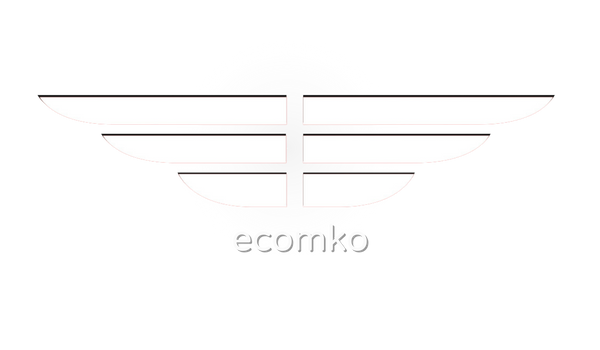How to Optimize for Google AI Search
In 2025, Google AI is no longer a futuristic concept; it's a powerful force shaping search and online experiences. Understanding how to optimize your content for Google AI is crucial for online visibility and success. This guide provides a comprehensive overview of strategies to help you rank higher and reach a wider audience. Need AISEO Services contact us at ecomko!
What is Google AI and Why Should You Care?
Google AI encompasses various technologies, including machine learning algorithms and natural language processing, used to understand user queries more accurately. This means Google isn't just looking at keywords anymore; it's analyzing context, intent, and the overall quality of your content. Optimizing for Google AI is about providing accurate, comprehensive, and engaging content that directly answers user needs. Contact ecomko for AISEO Services.
Key Strategies for Google AI Optimization - Get AISEO Services
- Focus on High-Quality Content: This is paramount. Google AI prioritizes content that is informative, well-written, accurate, and engaging. Avoid keyword stuffing or thin content.
- Satisfy User Intent: Understand what users are searching for. Are they looking for information, solutions, or entertainment? Tailor your content to precisely address their intent.
- Master Natural Language Processing (NLP): Write in a clear, concise, and conversational style. Use relevant keywords naturally throughout your text, focusing on long-tail keywords and phrases.
- Optimize for Featured Snippets: Aim to provide concise and direct answers to common questions within your content. This can increase your visibility and attract more clicks.
- Leverage Schema Markup: Implement schema markup to help Google AI better understand the structure and content of your website. This can significantly improve your ranking.
- Build High-Quality Backlinks: Backlinks from reputable websites are still crucial. They signal authority and trust to Google AI.
- Improve Site Speed and Mobile Friendliness: A fast-loading and mobile-friendly website is essential for a positive user experience. Google AI takes this into account.
- Utilize AI Writing Tools (Responsibly): AI writing tools can help generate ideas and improve content quality, but always review and edit carefully to ensure accuracy and originality.
- Monitor Your Performance: Use Google Analytics and Search Console to track your performance and identify areas for improvement. Analyze your rankings and click-through rates to understand what's working and what's not.
Advanced Techniques for Google AI Optimization
- E-E-A-T (Expertise, Experience, Authoritativeness, Trustworthiness): Google AI prioritizes content from authoritative sources. Showcase your expertise and build trust with your audience.
- Focus on User Experience (UX): A positive user experience is key. Make sure your content is easy to read, navigate, and understand.
- Long-Form Content: Comprehensive, in-depth articles tend to rank higher as they provide more value to the user.
- Multimedia Integration: Incorporate images, videos, and other multimedia elements to enhance engagement and user experience.
Optimizing for Google AI is an ongoing process. By focusing on high-quality content, understanding user intent, and implementing the strategies outlined above, you can significantly improve your online visibility and achieve greater success in the ever-evolving landscape of search engine optimization. Stay informed about Google AI updates and adapt your strategies accordingly to stay ahead of the curve. Contact ecomko for AISEO Services.


